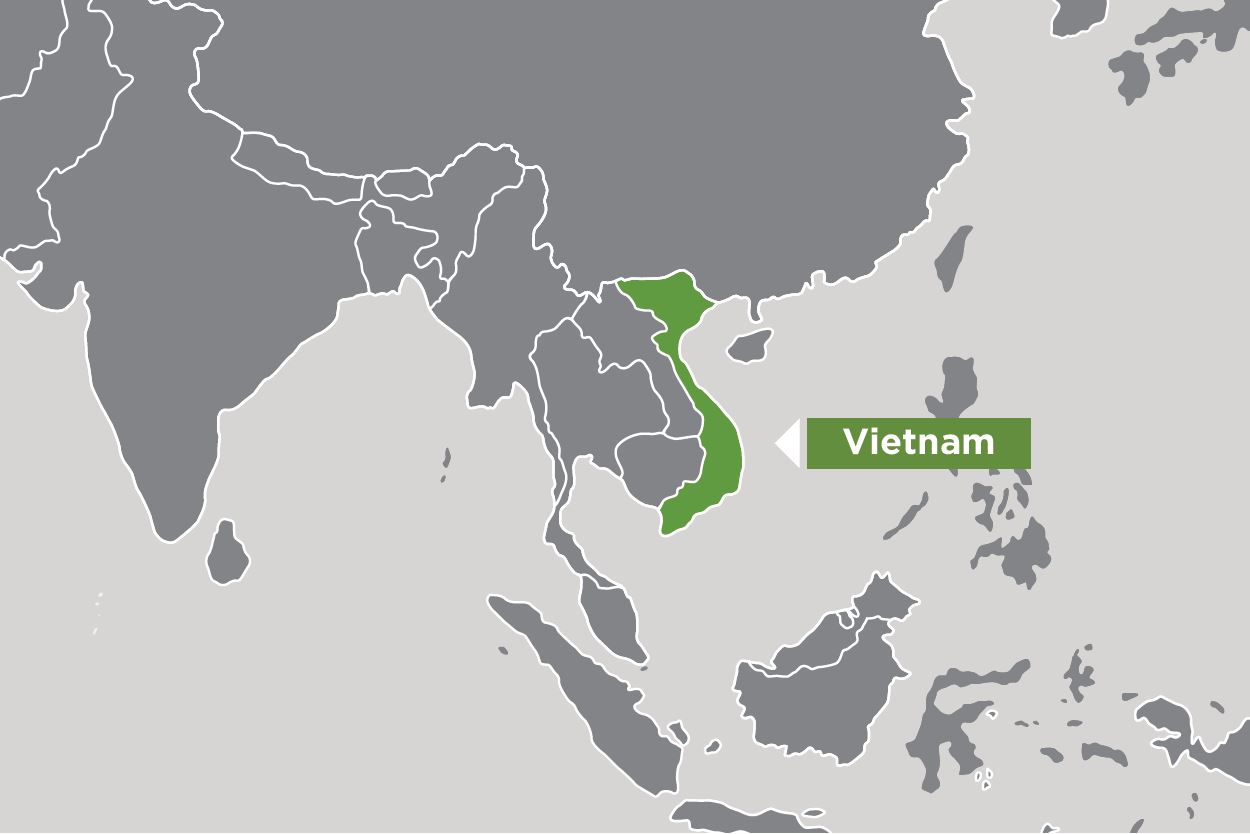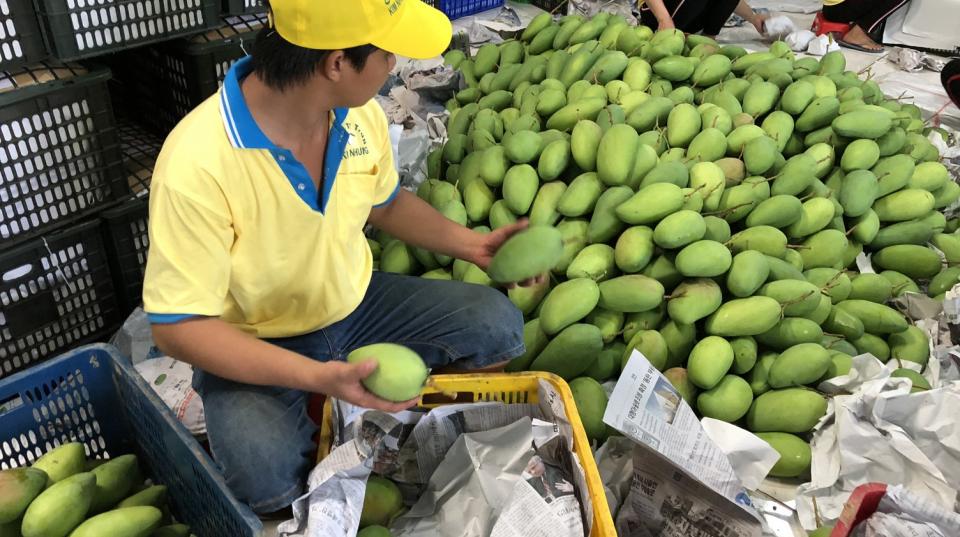Overview
This project aimed to improve the net income and livelihoods of smallholders by increasing the competitiveness of selected mango value chains in 2 provinces in southern Vietnam.
Mangoes contribute significantly to Vietnam’s economy, with nearly half produced in the country’s Mekong Delta region – an important economic centre supporting over 15 million people and contributing to over 27% of Vietnam’s national gross domestic product.
The Vietnamese Government has issued decrees supporting an increase in mango production and implemented policies to encourage agricultural investment in rural regions. Domestic consumption dominates current markets, and informal Chinese cross-border trade is characterised by market volatility.
However, mango production in southern Vietnam, marked by large-volume, low-value production, faces a range of operational issues including weak supply chains, poor quality management and high input costs affecting productivity and profitability.
This project supported enhancing productivity and competitiveness along the entire mango value chain, including through the adoption of cost-effective and efficient innovations, which could significantly increase the incomes and livelihoods of thousands of farming households in Vietnam.
Project outcomes
- More profitable and efficient mango supply chains in southern Vietnam contributing to reduced losses, improved fruit quality, greater productivity and increased incomes and livelihoods for smallholder farming families.
- Increased capability within Vietnamese institutions to undertake scientific research and associated enhanced programme delivery capacity.
- Better collaboration between key stakeholders, including commercial chain partners and regional and provincial government institutions, to drive ongoing industry development.
- Greater understanding of innovative adoption pathways to continue ongoing mango sector development in southern Vietnam.







